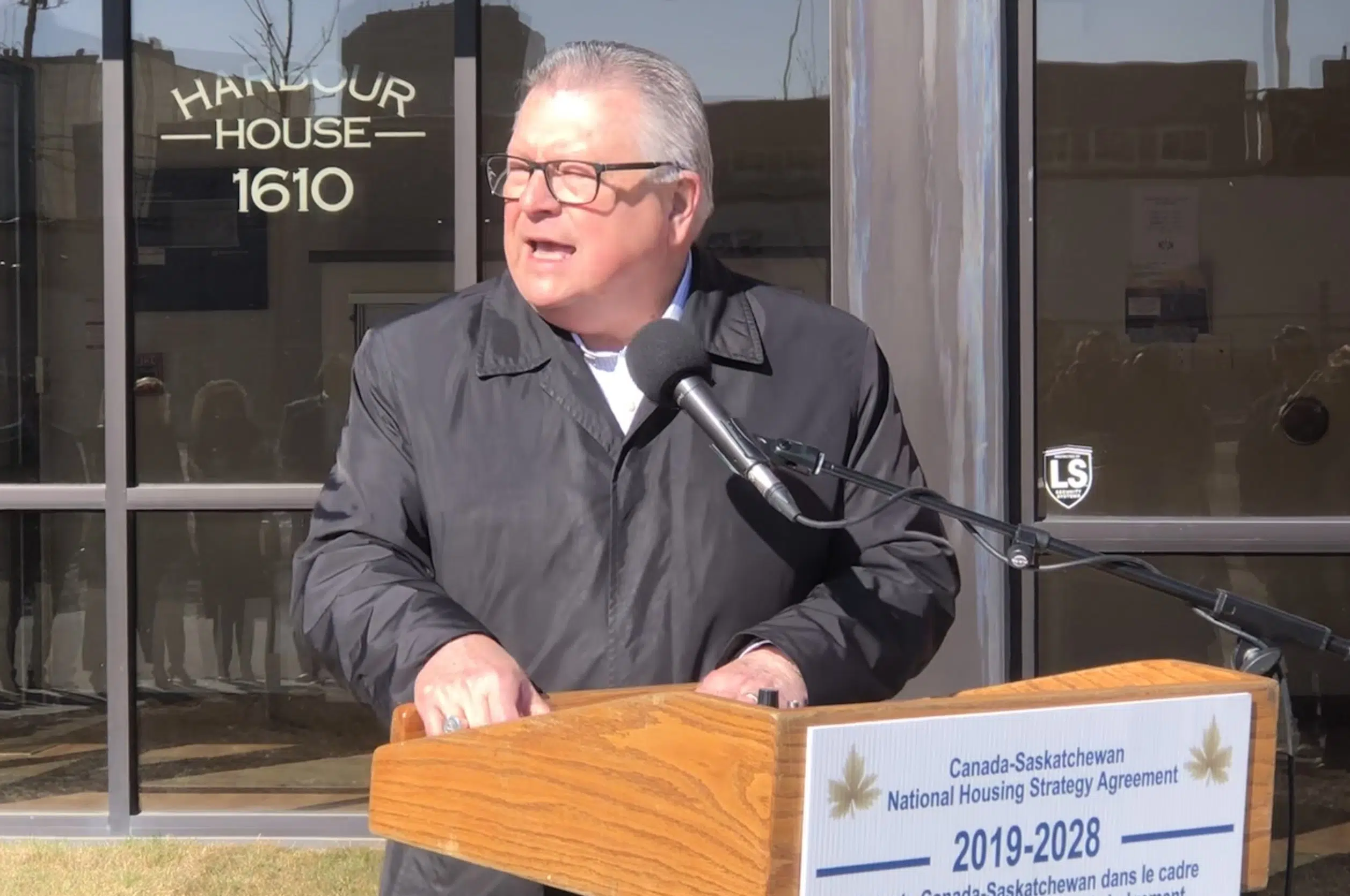While the relationship between Alberta and Ottawa is sure to be a little more strained, one federal minister believes the two will be able to work together.
Earlier in the week, the people of Alberta voted to oust the NDP government and voted in the United Conservative Party led by Jason Kenney.
Federal Public Safety Minister Ralph Goodale said Thursday that the Canadian government will work with provinces whether they share political perspectives or not.
“The prime minister was very quick on election night to send congratulations to the premier-elect and to indicate his desire to work constructively on a whole range of outstanding issues,” Goodale said after a media event in Regina.
He said he was happy to see Prime Minister Justin Trudeau bring up the canola issue, noting all premiers and all governments need to work together to get the solution they need.
But the big elephant in the room between Ottawa and the Conservative provincial governments remains the carbon tax.
Kenney has been an adamant opponent of the carbon tax and that is expected to be the first thing his party repeals when it takes office.
Goodale said there’s an approach to dealing with provinces that do not want a carbon tax, the first step of which is to invite provinces to create their own plans to meet the national targets.
“Where they don’t, there’s a fallback position to fill in the blanks,” Goodale said.
Saskatchewan created its own plan to address climate change — called Prairie Resilience — but Ottawa said it didn’t do enough to meet the targets so the federal plan was imposed. Saskatchewan and Ottawa are currently waiting on a ruling from the Saskatchewan Court of Appeal over whether imposing the carbon tax was constitutional or not.
No matter the ruling, it’s expected to eventually wind up in the hands of the Supreme Court of Canada.
Goodale said the important part of the federal plan is that it shows fighting climate change is affordable for Canadians, who will be receiving a carbon tax refund on their taxes.
He noted the current Alberta carbon tax “is fairly complicated” and it was difficult for people to see where the benefit of having a carbon tax came from.
“I think maybe that is where maybe the approach in Alberta ran into some difficulty — that you couldn’t connect the two, the pluses and the minuses, to be able to see if you add up the sums and the losses and you are actually dollars ahead,” Goodale said.
He said that while the average Saskatchewan family will pay about $400 in the carbon tax, it will get $600 back from it.











